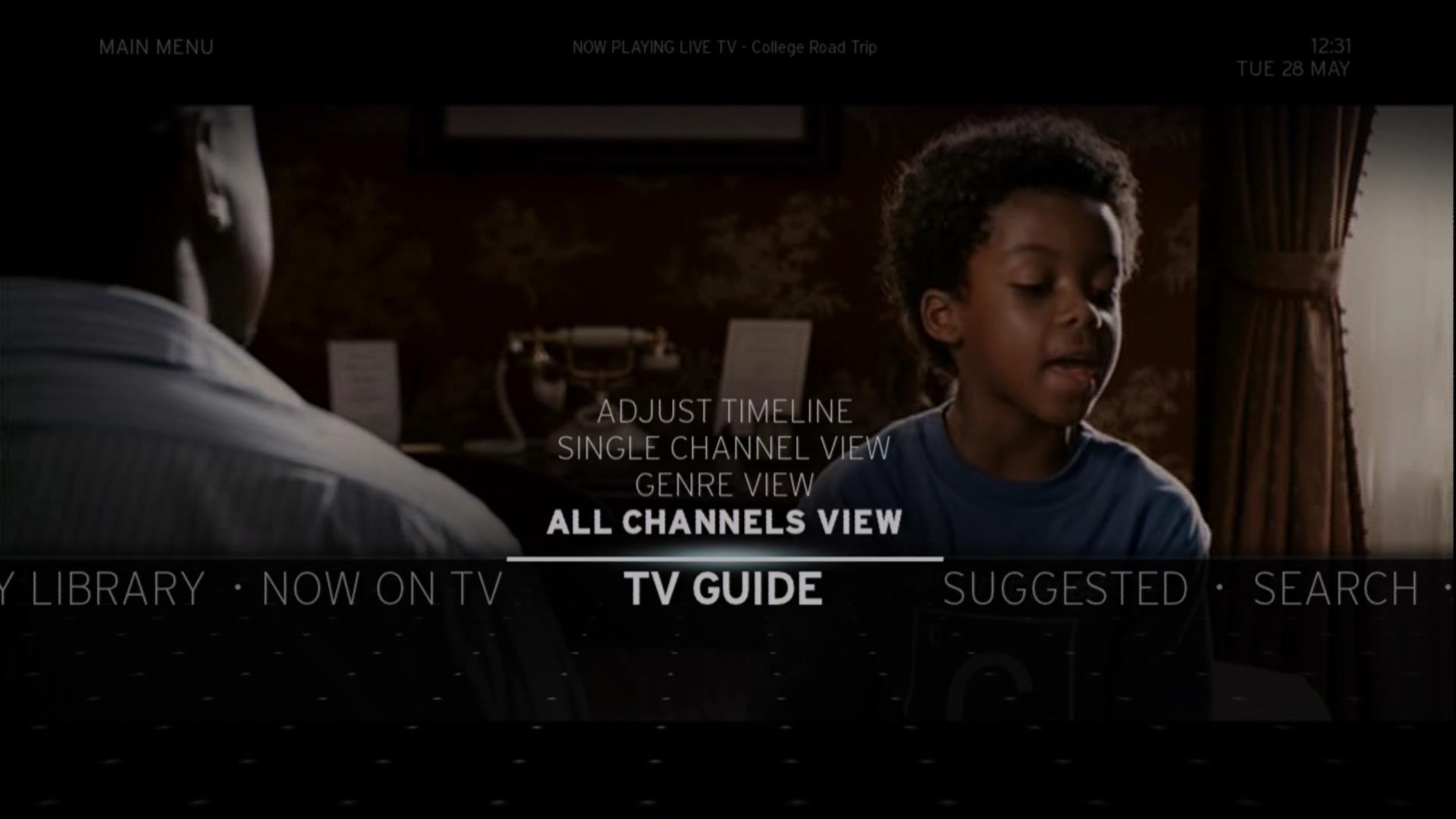Damien Read – February 2013
 Over the last ten years digital video recorders (DVRs) have revolutionised TV watching, providing the most loved features for consumers; live pause and one-touch recording/series recordings.
Over the last ten years digital video recorders (DVRs) have revolutionised TV watching, providing the most loved features for consumers; live pause and one-touch recording/series recordings.
However, there are two competing models for the evolution of these DVRs which are about to get into the ring with one another; cloud based network DVR (your recordings are saved in the network) and terabyte sized home ‘media servers’ that can stream live channels, recorded content and VOD around a home with full DVR functionality.
The central difference between the two is simple – the location where the hard disks are located when the recordings or the paused TV is saved. Network DVRs store recordings and even live ‘pause’ centrally in the network whereas the ‘media server’ DVR stores them in the home. This subtle difference actually has little implication for the consumer recording experience, but a big impact on what kit is in consumers’ homes, the quality of the broadband needed to deliver content to the home, and content rights structures.
more “Network DVRs vs Home Media Servers – what will win?” …



